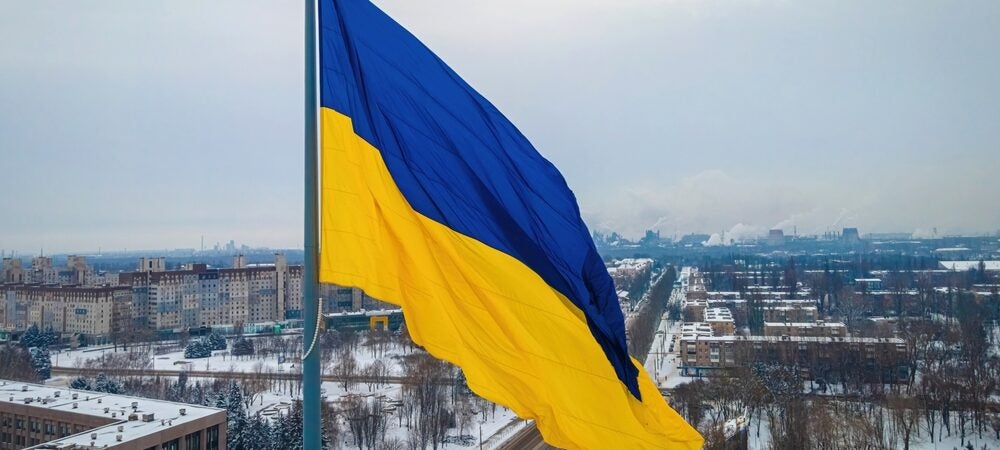While potential military developments—including steps that reinforce Ukraine’s capacity to defend itself—may be decisive in the days ahead, the capacity of Ukraine to strengthen its armed forces over the medium term depended on its access to foreign markets in part. In this note evidence is presented that casts doubt on the extent to which EU, UK, and US commercial policies have supported Ukrainian export growth since the annexation of Crimea in 2014. These findings speak to the longstanding cornerstone of the world trading system that international trade and peace are inextricably linked–in this case, short-sighted unilateral policy decisions by the West may have undercut broader diplomatic objectives of shoring up Ukraine and deterring war.
The European Union (EU), the United Kingdom (UK), and the United States (USA) have sought in recent months to discourage Russia from sending military forces into Ukraine. Diplomatic missions have been complemented by promises of military support and training for the government in Kyiv. Whether these steps persuade the Russian government to stand down their troops down remains to be seen.
Current developments have unwelcome echoes to the annexation of Crimea undertaken by Russia during the first quarter of 2014, which many have observed was the first of its kind in Western Europe since the conclusion of World War II. After that annexation, steps were taken by Western governments to offer economic support to Ukraine, often in the form of better market access. Was that trade policy support sustained? Or was policy incoherent—with lofty diplomatic objectives undermined by below-the-radar screen trade policy interventions that impaired Ukrainian access to Western markets? The purpose of this note is to address these questions. But first it is worth remembering the defence-related consequences of overseas market access.
Without well-equipped and sufficiently trained armed forces, a nation’s foreign adversaries are less likely to be deterred from military action. Having the tax base to afford effective national defence forces is key and export revenues that result in economic growth help in this regard.1 Improved and secure access to the markets of allies is especially important when export sales to other markets and production facilities are lost due to earlier hostile acts by neighbouring nations.
In recent years we’ve been told that economic security is national security, claims that have been rightly derided when they were advanced by Trump Administration officials. However, such arguments may be of greater relevance in the Ukrainian context. For sure, Ukrainian prosperity is not the sole responsibility of Western governments, but a prosperous Ukraine that can defend itself is evidently in the Western interest.
Trade_policy_and_deterring_war_14_February_2022_finalised_1_ (1)To read the full report from the Global Trade Alert, please click here.

